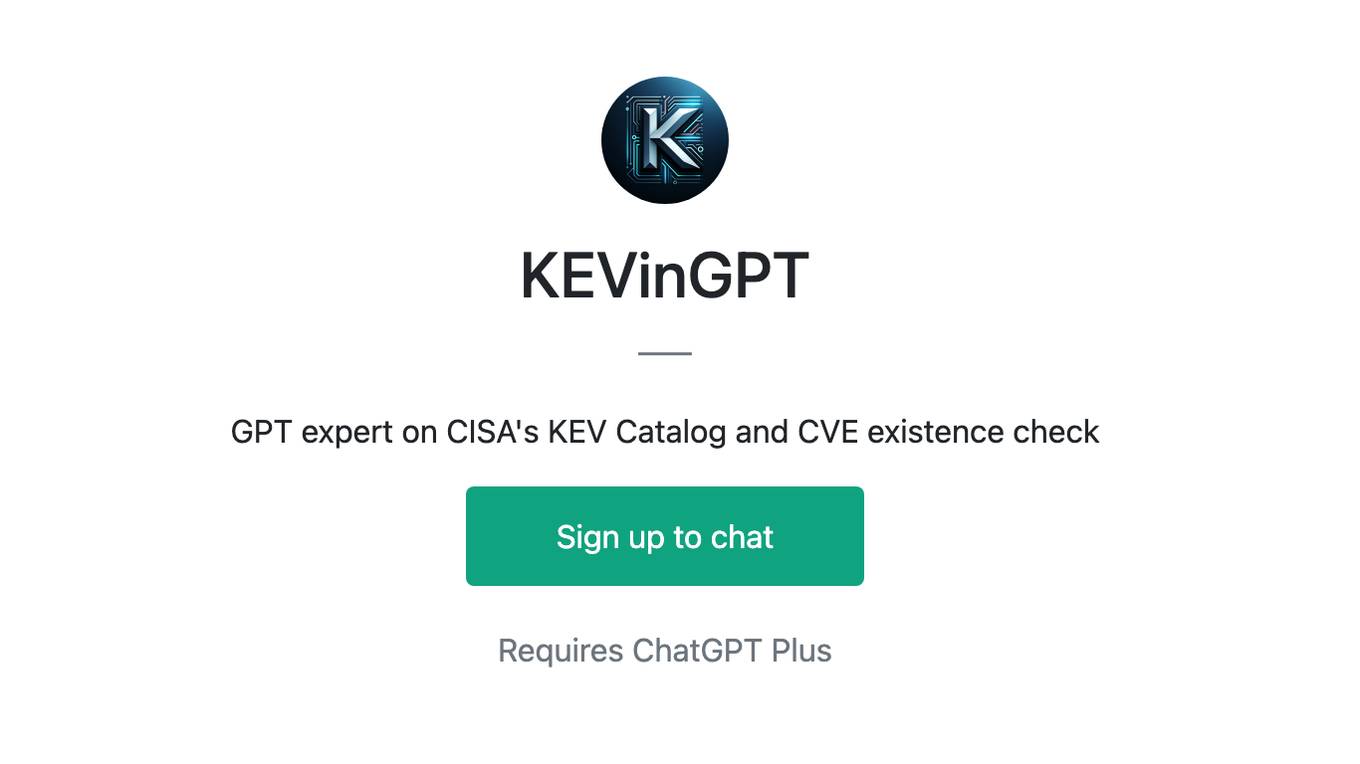Best AI tools for< Catalog Models >
20 - AI tool Sites
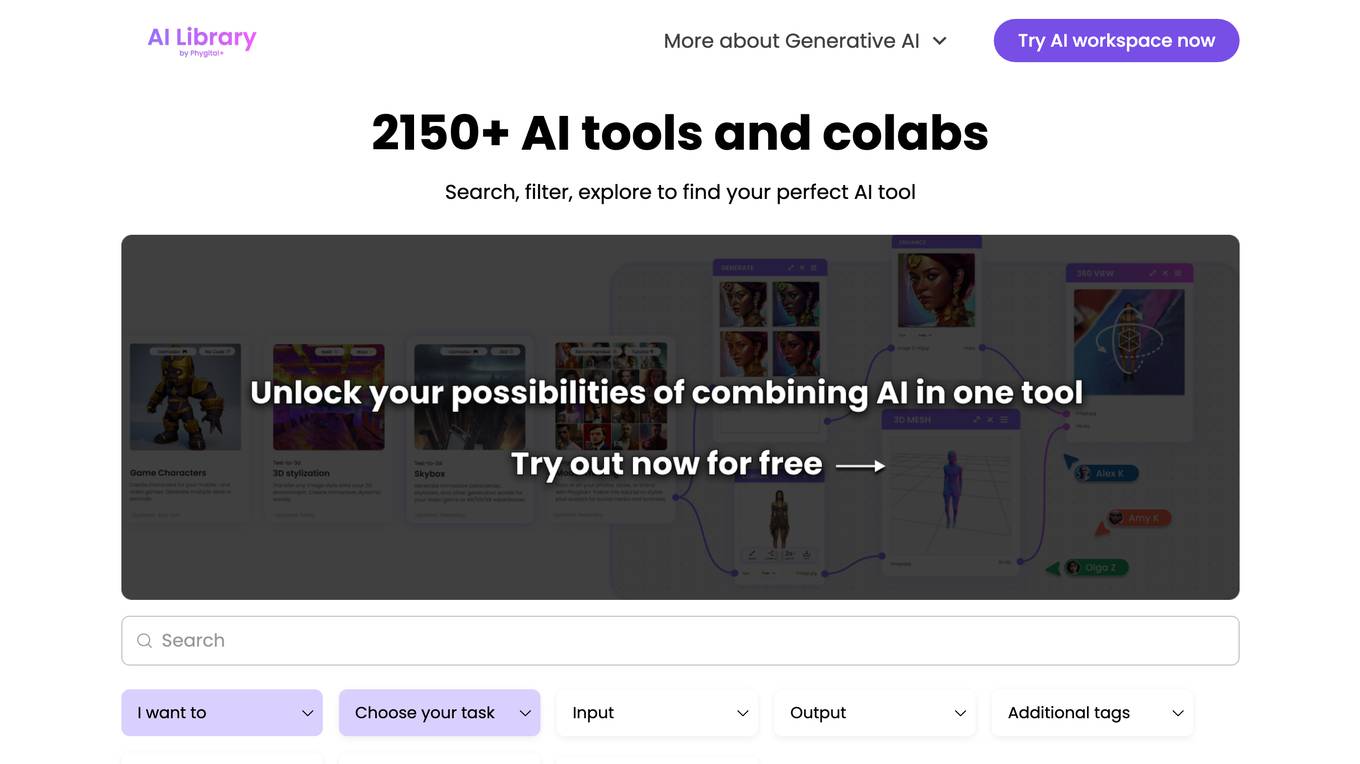
Phygital+
Phygital+ is an AI-powered platform that helps businesses bridge the gap between the physical and digital worlds. With Phygital+, businesses can create immersive and interactive experiences for their customers, using a variety of AI-powered tools. These tools include computer vision, natural language processing, and machine learning. Phygital+ is easy to use and can be integrated with a variety of existing systems. It is also scalable, so businesses of all sizes can use it to improve their customer experience.

Flux LoRA Model Library
Flux LoRA Model Library is an AI tool that provides a platform for finding and using Flux LoRA models suitable for various projects. Users can browse a catalog of popular Flux LoRA models and learn about FLUX models and LoRA (Low-Rank Adaptation) technology. The platform offers resources for fine-tuning models and ensuring responsible use of generated images.
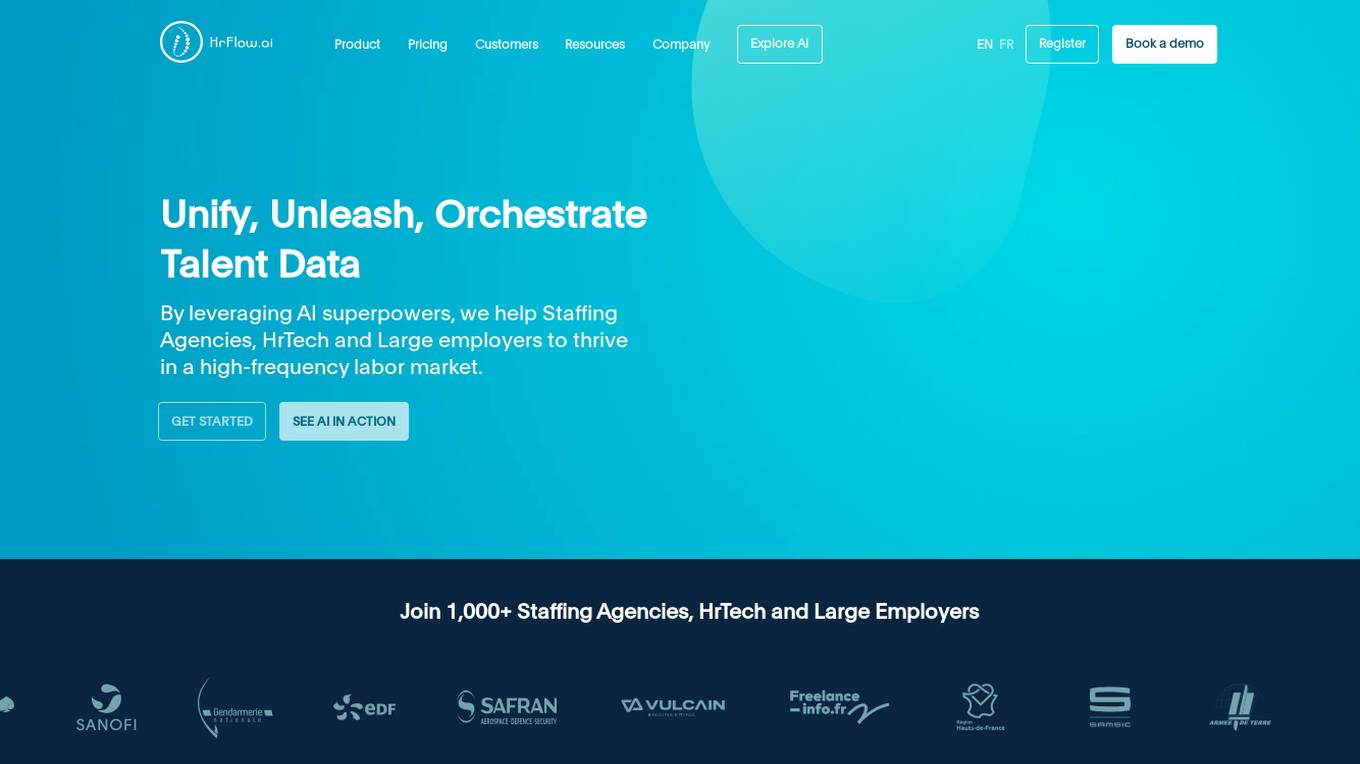
HrFlow.ai
HrFlow.ai is an API-first company and the leading AI-powered HR data automation platform. The company helps +1000 customers (HR software vendors, Staffing agencies, large employers, and headhunting firms) to thrive in a high-volume and high-frequency labor market. The platform provides a complete and fully integrated suite of HR data processing products based on the analysis of hundreds of millions of career paths worldwide -- such as Parsing API, Tagging API, Embedding API, Searching API, Scoring API, and Upskilling API. It also offers a catalog of +200 connectors to build custom scenarios that can automate any business logic.
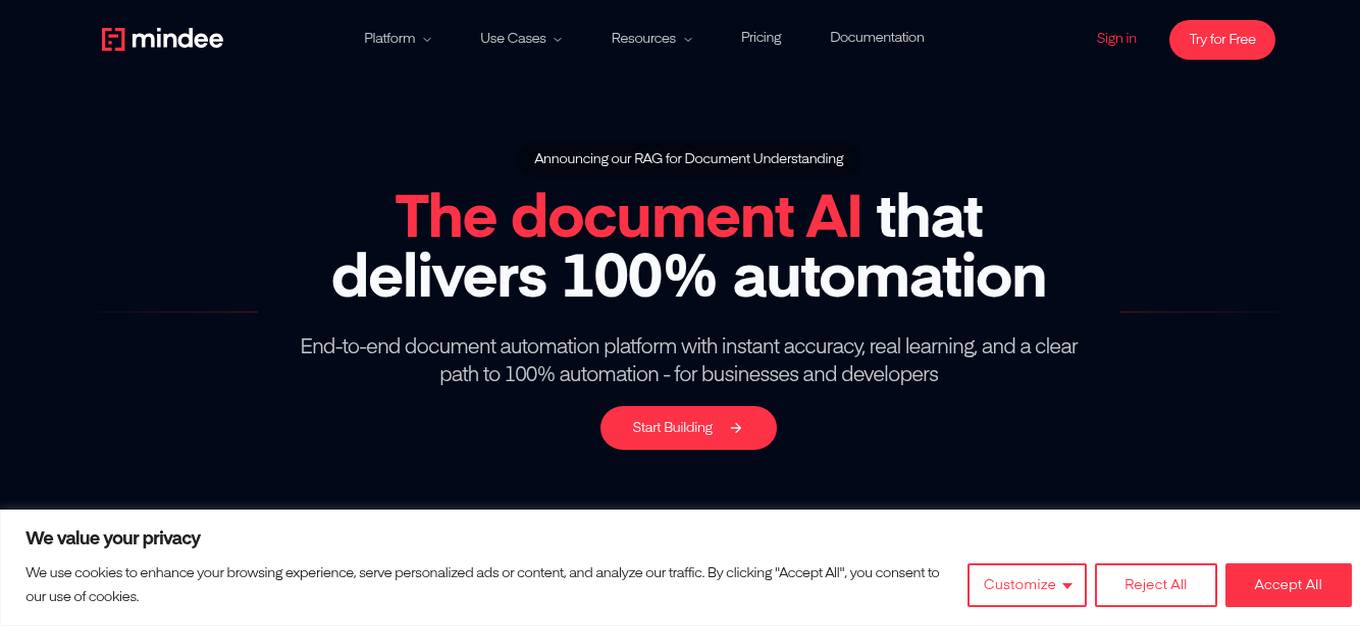
Mindee Platform
Mindee Platform is an AI Document Data Extraction API that offers end-to-end document-based workflows automation. It provides pre-built API catalog, custom document understanding, and continuous learning capabilities. The platform enables users to automate invoice processing, receipt extraction, and document management with high accuracy and scalability. Mindee's AI models support structured, semi-structured, and unstructured documents, making it a versatile solution for various industries. With features like RAG-enhanced continuous learning, security compliance, and table extraction technology, Mindee offers a comprehensive document automation platform for businesses and developers.

Epidemic Sound
Epidemic Sound is a platform that offers a vast catalog of music and sound effects for videos, allowing users to bring their stories to life with exclusive soundtracking tools and worry-free publishing worldwide. With over 2.5 billion daily views, Epidemic Sound provides genres, themes, moods, and sound effects for various content types like ads, vlogs, cinematic videos, corporate projects, workouts, sports, and nature. The platform also features a plugin for Adobe and DaVinci Resolve Studio, track suggestions based on video frames, music search based on tone and sound, and an app for on-the-go music discovery. Epidemic Sound is known for its royalty-free music and innovative licensing model that offers users direct licenses with all rights included globally.
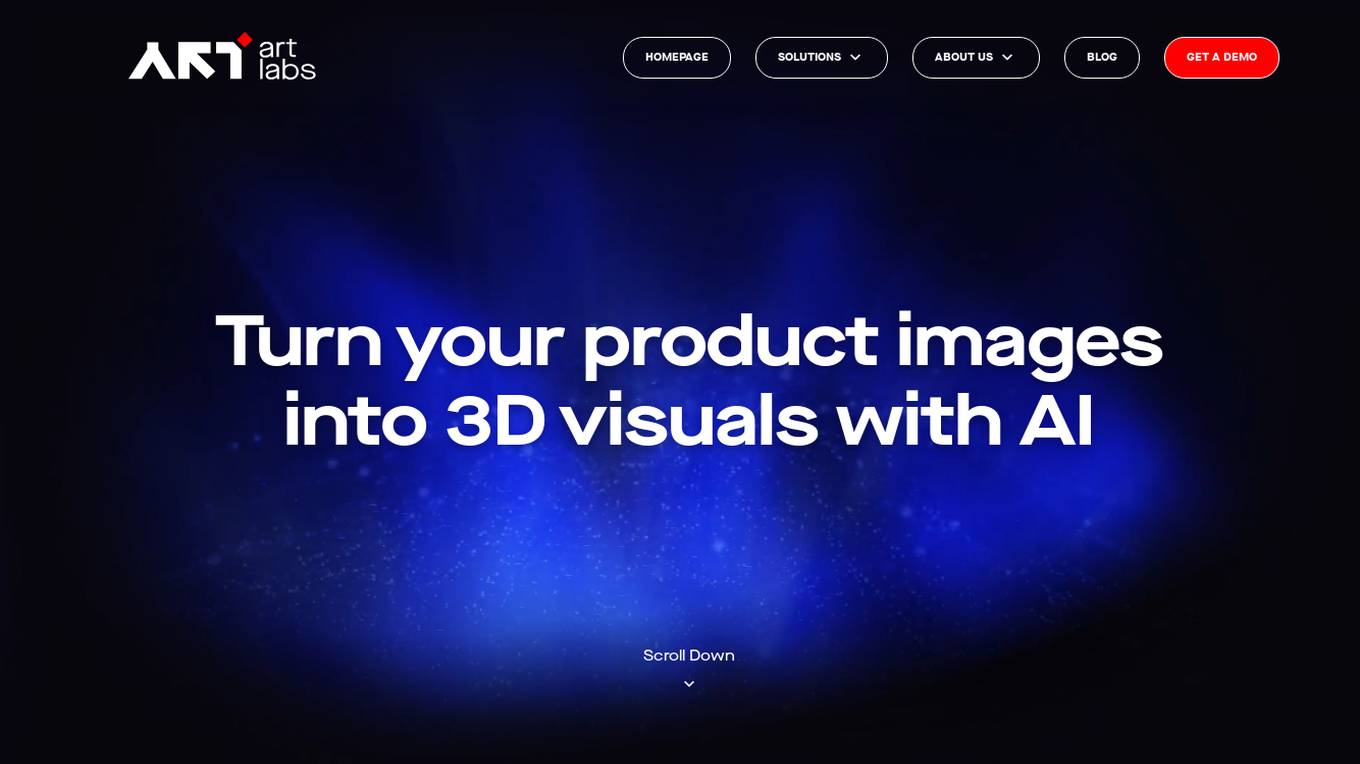
artlabs
artlabs is an AI-powered immersive 3D eCommerce platform that helps boost sales by turning product images into high-quality 3D visuals. It offers virtual try-on experiences and hyper-personalized eCommerce stores for enterprises with extensive product catalogs. The platform simplifies AR creation, ensures quality, integrates seamlessly, and provides ROI analytics without the need for heavy equipment or extra photoshoots. Trusted by eCommerce leaders globally, artlabs accelerates eCommerce growth with proven technology that increases conversion rates, decreases product returns, and enhances customer preferences.
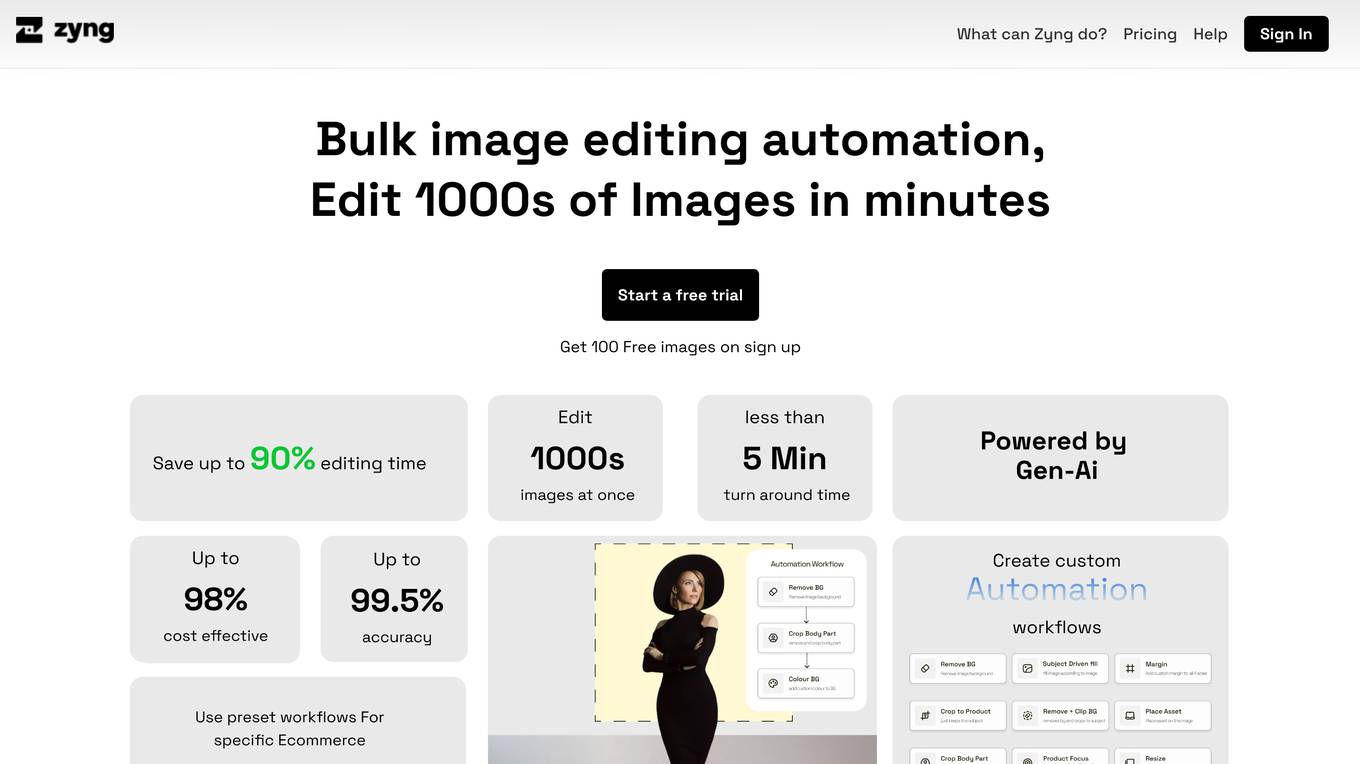
Zyng
Zyng is a bulk image editing automation tool that uses AI to streamline complex image editing tasks. It allows users to edit thousands of images in minutes, freeing up their time to focus on more creative pursuits. Zyng's AI models can automatically crop images according to the subject or body landmarks, resize images for social media or e-commerce, remove backgrounds, and retouch portraits. Zyng is suitable for a variety of use cases, including e-commerce, marketing, photography, and graphic design.
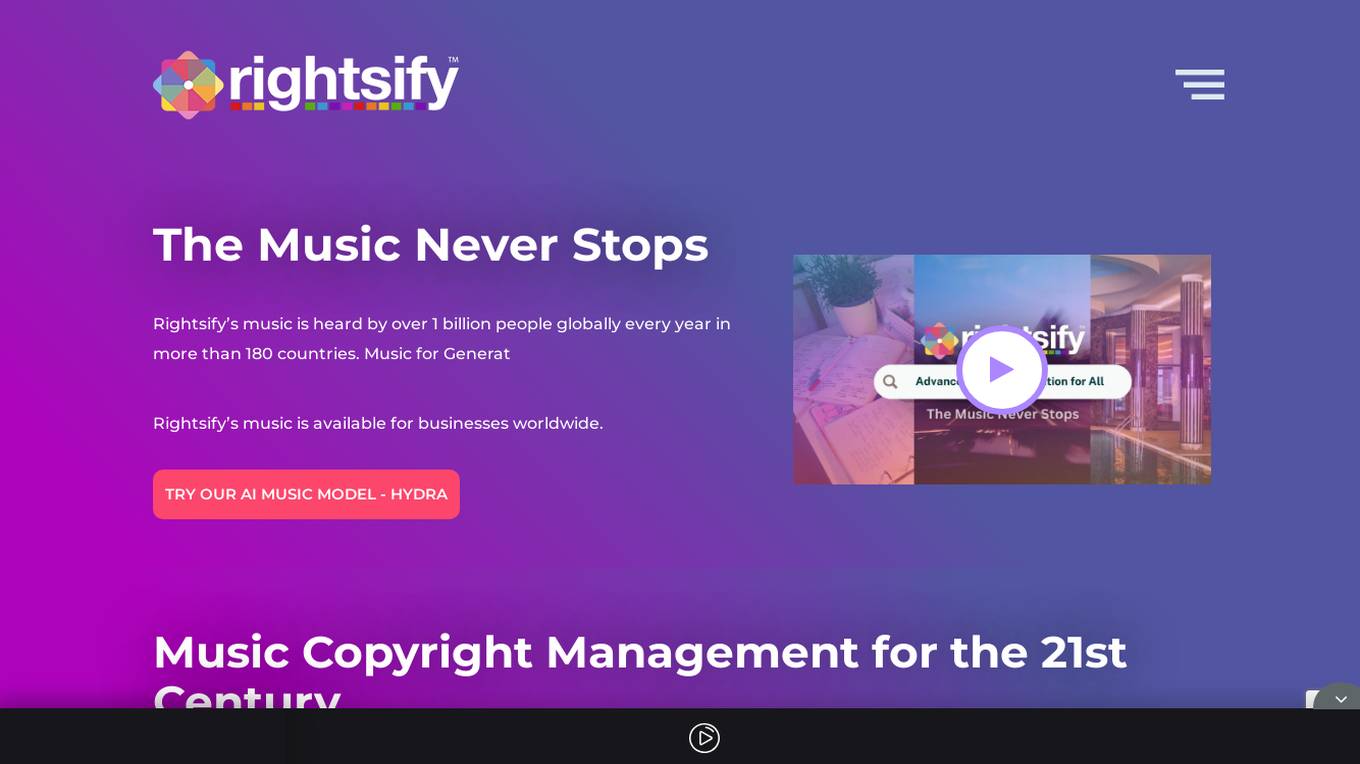
Rightsify
Rightsify is a global music licensing agency that provides music for almost every use case imaginable, with a catalog of over 10 million songs that gets heard by over one billion people every year. Rightsify's music is available for businesses worldwide, and its Hydra AI Music Model enables high-quality music production for all with full commercial rights.
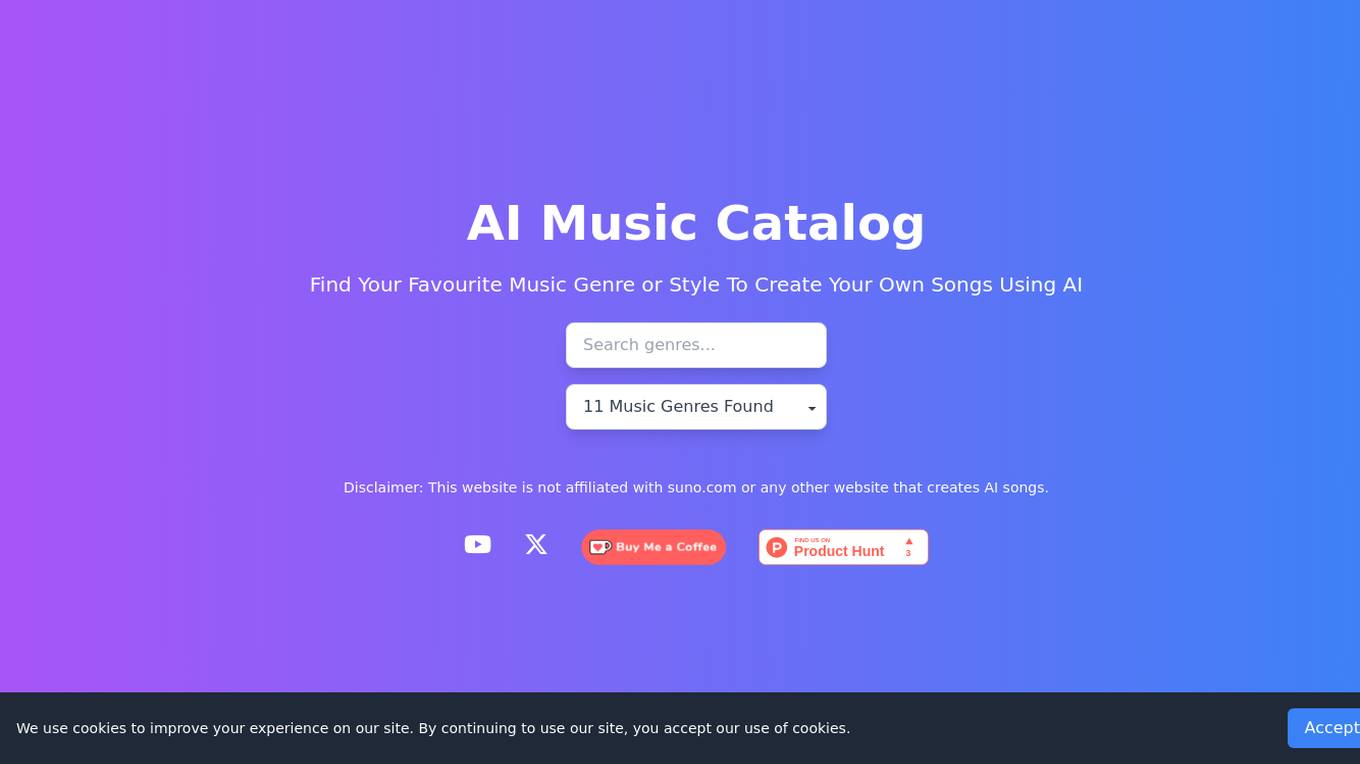
AI Music Catalog
AI Music Catalog is an innovative application that utilizes artificial intelligence to curate and organize music based on user preferences. By leveraging advanced algorithms, the app recommends personalized playlists, suggests new tracks, and helps users discover music tailored to their tastes. With a user-friendly interface, AI Music Catalog simplifies the music discovery process, making it easier for users to explore and enjoy a wide range of genres and artists. Whether you're looking for new music or want to rediscover old favorites, this AI tool offers a seamless and personalized music experience.
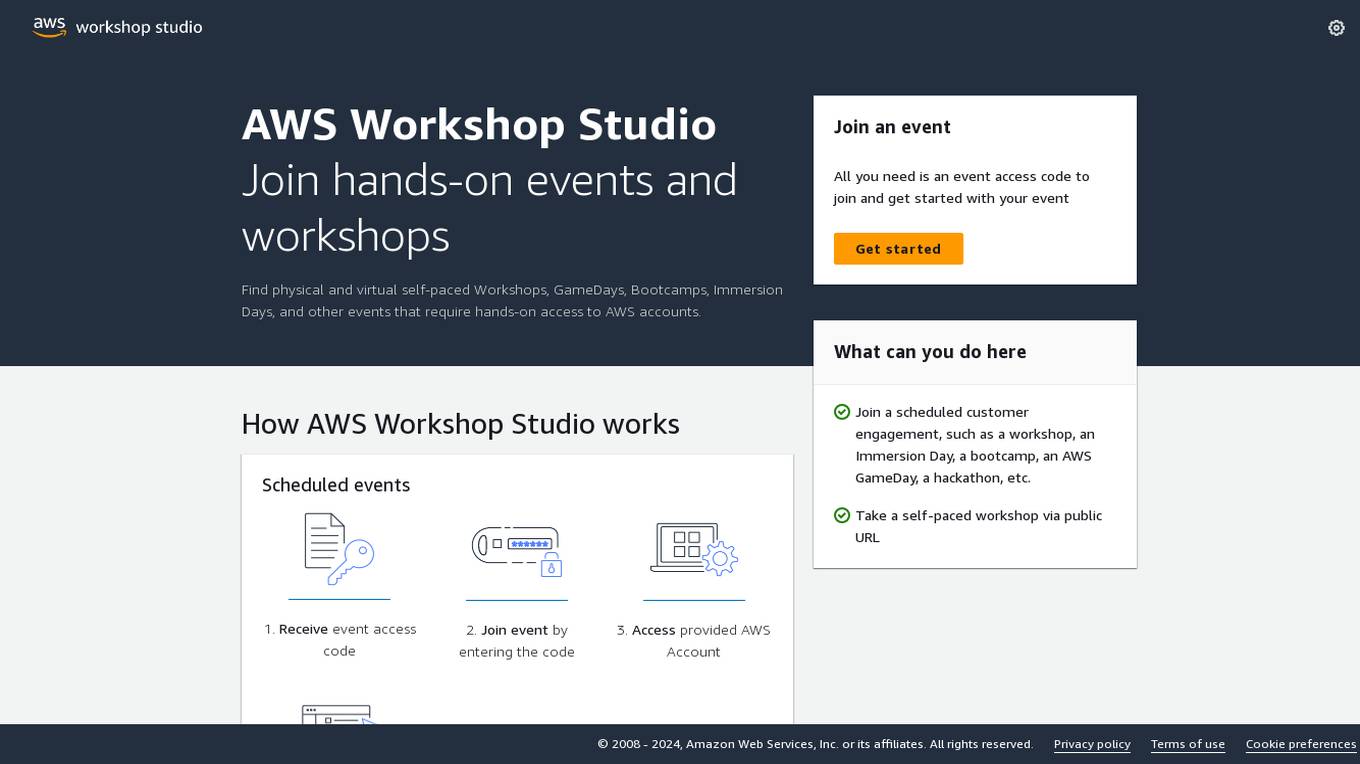
Workshop Studio
Workshop Studio is an AI-powered tool that helps you create and manage your workshops. With Workshop Studio, you can easily create beautiful, engaging workshops that are sure to impress your audience. Our intuitive drag-and-drop interface makes it easy to add content, images, and videos to your workshops. You can also use our built-in templates to get started quickly.
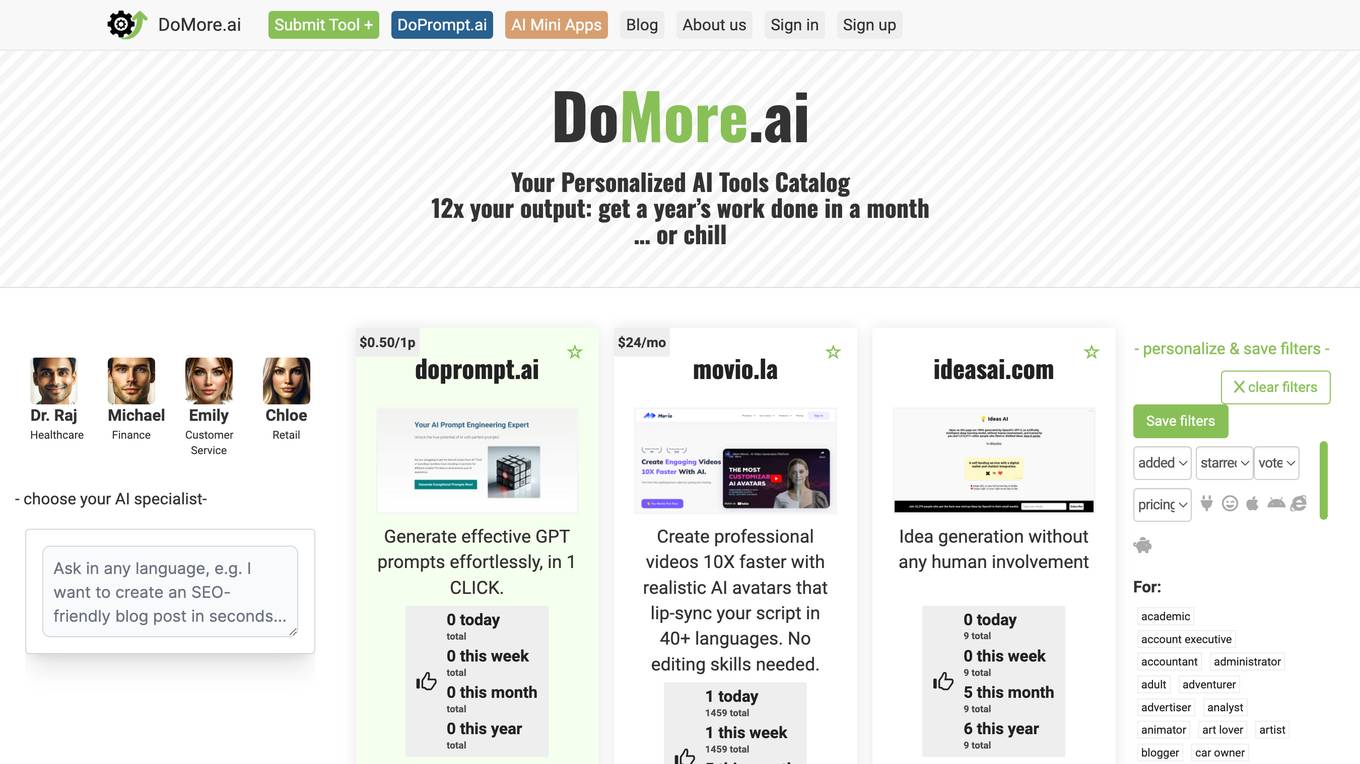
DoMore.ai
DoMore.ai is a personalized AI tools catalog that offers a wide range of AI-powered tools to enhance productivity, creativity, and efficiency. With DoMore.ai, users can access a curated collection of AI tools tailored to their specific needs and preferences. The platform provides detailed descriptions, ratings, and reviews of each tool, making it easy for users to find the right tool for the job. DoMore.ai also offers a personalized recommendation engine that suggests tools based on user preferences and usage patterns. Whether you're a creative professional, a business owner, or a student, DoMore.ai has the tools you need to achieve your goals.
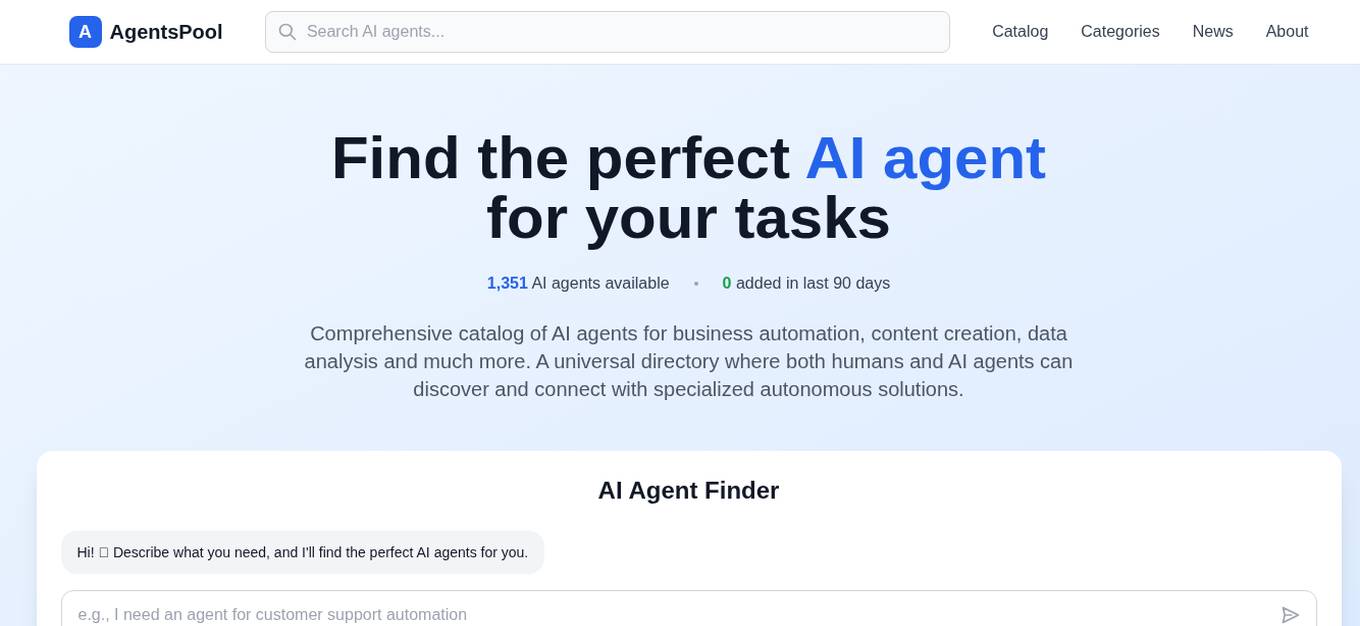
AgentsPool
AgentsPool is a platform that serves as a comprehensive catalog of AI agents and autonomous solutions for various business needs. It provides a universal directory where users can find specialized AI agents for tasks such as business automation, content creation, and data analysis. The platform aims to bridge the gap between humans and AI agents by facilitating discovery and connection. AgentsPool is designed to support the AI community by offering a wide range of AI agents and staying updated with the latest developments in the field.
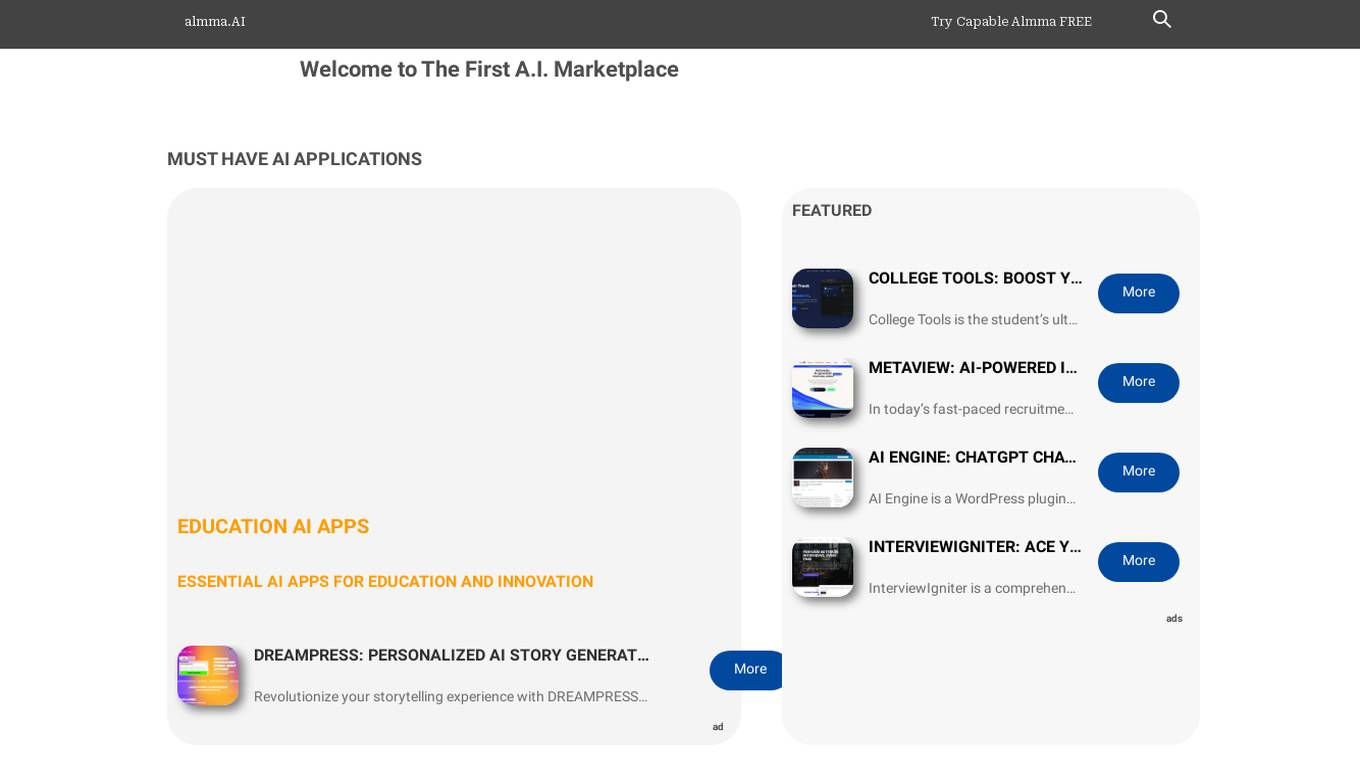
Almma.AI
Almma.AI is the First A.I. Marketplace offering a variety of AI applications to enhance productivity and innovation. The platform features a range of AI tools for education, marketing, business, lifestyle, and more. Users can access personalized AI solutions for tasks like content generation, interview coaching, and data management. Almma.AI aims to revolutionize various industries by providing cutting-edge AI technologies to streamline workflows and boost efficiency.
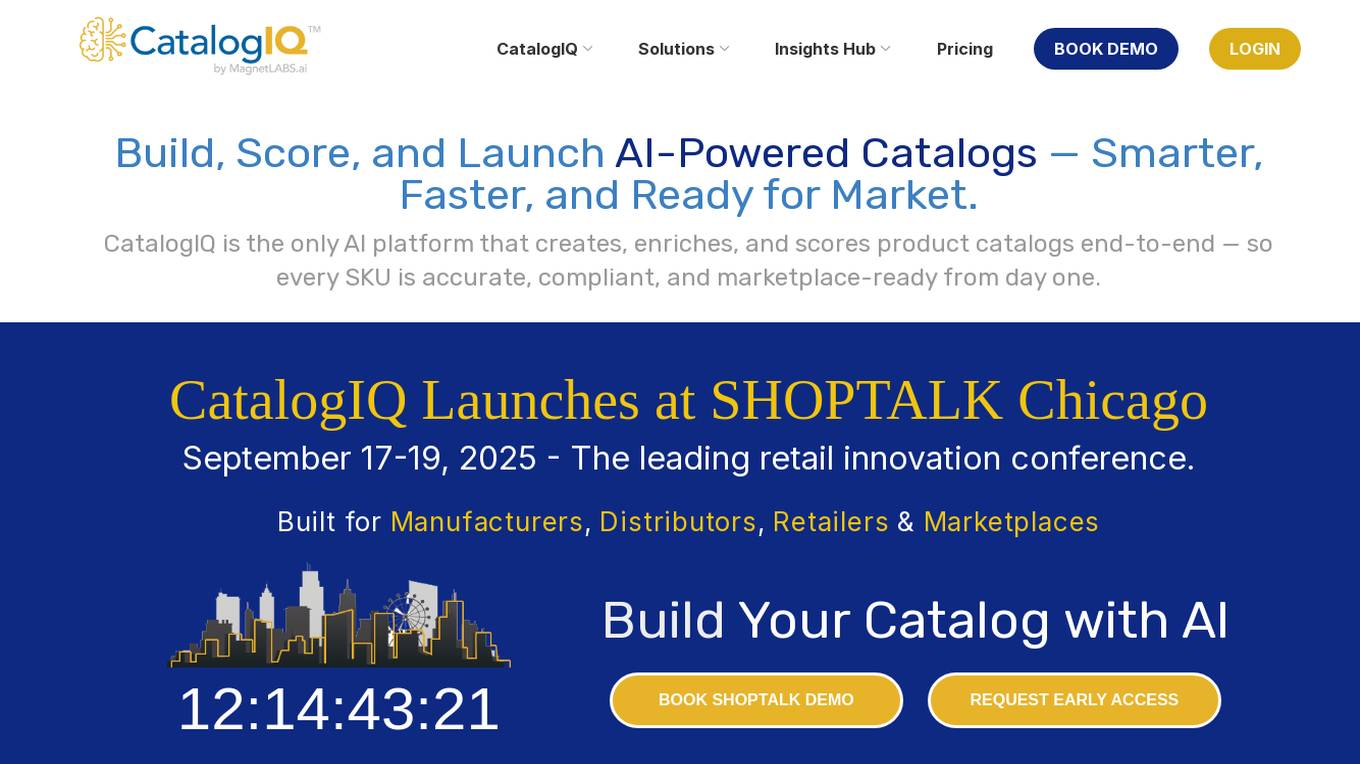
CatalogIQ
CatalogIQ by MagnetLABS is an AI-driven product data enrichment and catalog optimization platform designed to help businesses build, score, and enrich product catalogs efficiently. It offers powerful tools for cleansing, completing, normalizing, and enriching product content, as well as features for brand voice management, content enrichment, and smart catalog building. CatalogIQ leverages AI insights and actions to supercharge catalog performance and provides solutions for B2B manufacturers, distributors, B2C retailers, consumer brands, and multi-vendor marketplaces.
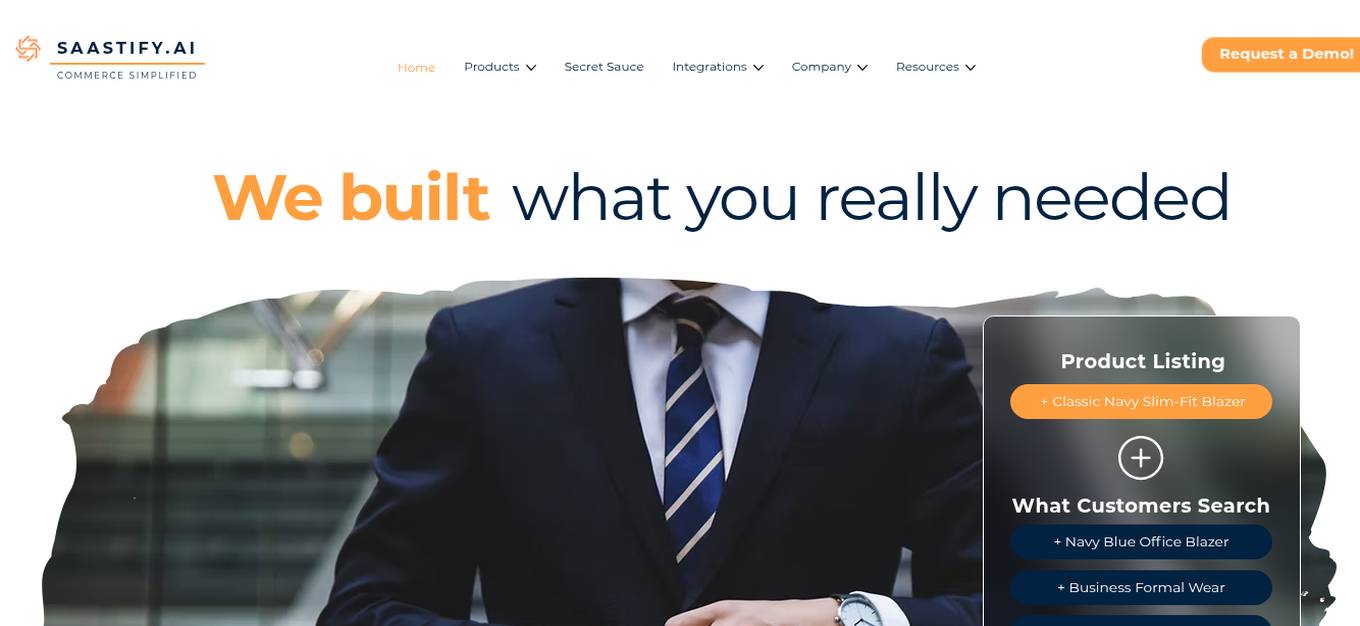
SaaStify AI
SaaStify AI is an AI-powered platform that simplifies commerce by offering a suite of tools for Product Information Management (PIM), Order Management System (OMS), Conversations, and Automations. It helps businesses manage catalogs, orders, customer support, vendor management, and point of sale systems across multiple platforms. SaaStify AI leverages AI technology to automate processes, enhance product listings, optimize pricing, and improve customer engagement. The platform aims to streamline e-commerce operations, boost sales, and provide actionable insights for growth.

Skillsoft
Skillsoft is an online learning platform that provides a variety of courses and programs to help employees develop their skills and knowledge. The platform uses AI to personalize the learning experience for each user, and it offers a variety of features to help users track their progress and achieve their goals. Skillsoft is used by over 12,000 organizations worldwide, and it has been shown to improve employee engagement, productivity, and retention.
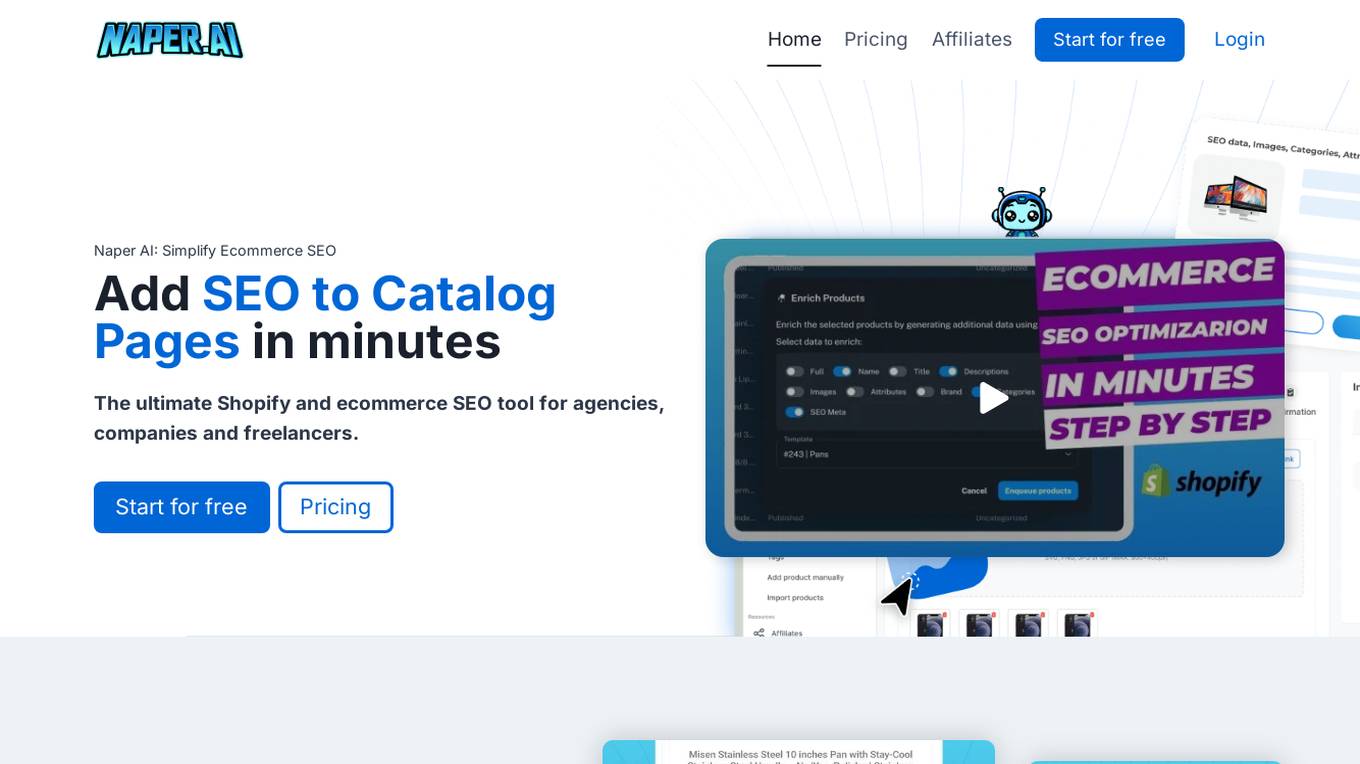
Naper AI
Naper AI is an AI-powered tool designed to simplify Ecommerce SEO by adding SEO to Shopify catalog pages in minutes. It offers features such as automated product enrichment, image-to-product conversion, and category tree generation to help agencies, companies, and freelancers improve indexing, drive more traffic, and boost conversion rates. Naper AI leverages advanced template technology and AI algorithms to create unique, SEO-friendly product listings and enhance product pages with accurate visuals and key details. The tool also provides bulk editing capabilities, SEO-friendly content generation, and seamless integration with platforms like AliExpress and Amazon.
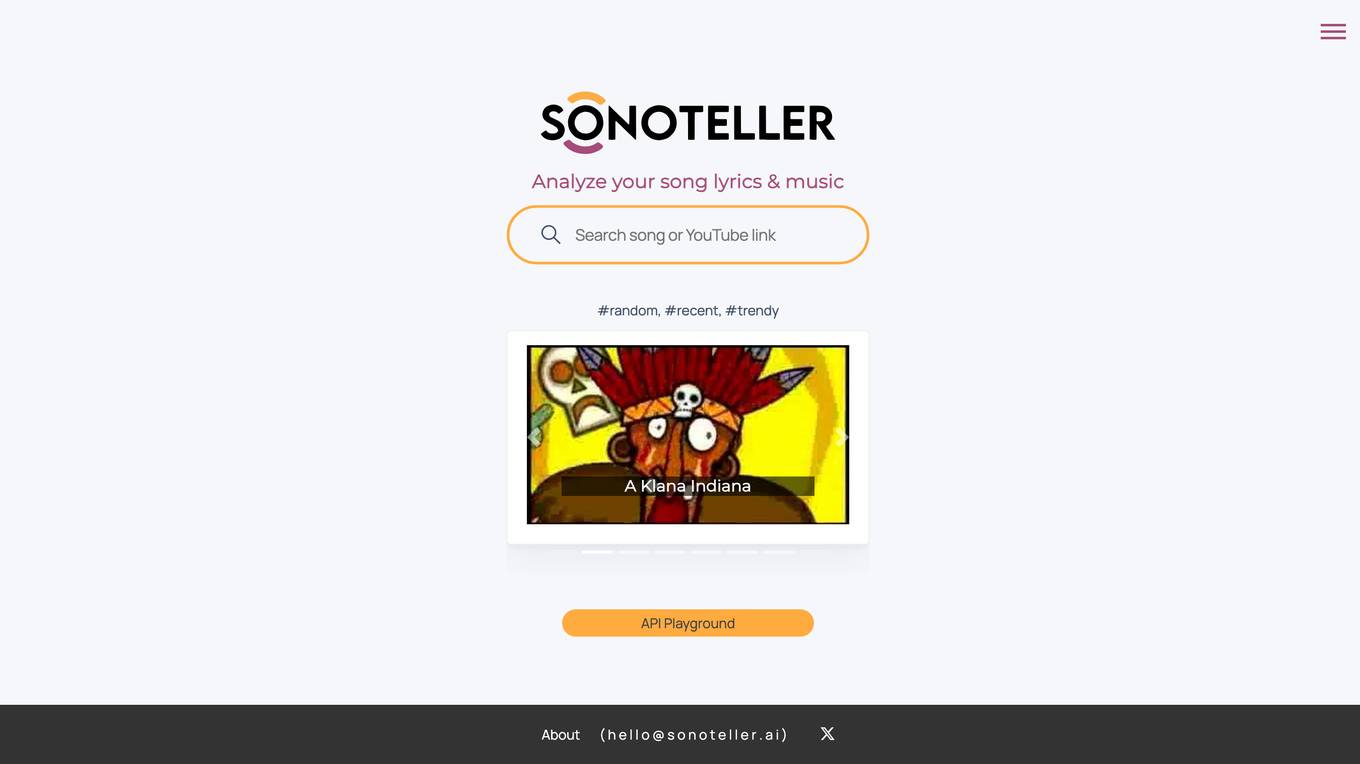
SONOTELLER.AI
SONOTELLER.AI is an AI song analyzer that analyzes song lyrics and music to provide a comprehensive summary of the song. It can identify musical attributes such as genres, subgenres, moods, instruments, BPM, and key. The tool is designed to simplify the way music lovers understand and organize their music collections, offering features like language recognition, explicit content flagging, and automatic tagging. SONOTELLER.AI is ideal for song analysis, lyric analysis, and music analysis, catering to both music enthusiasts and industry professionals.
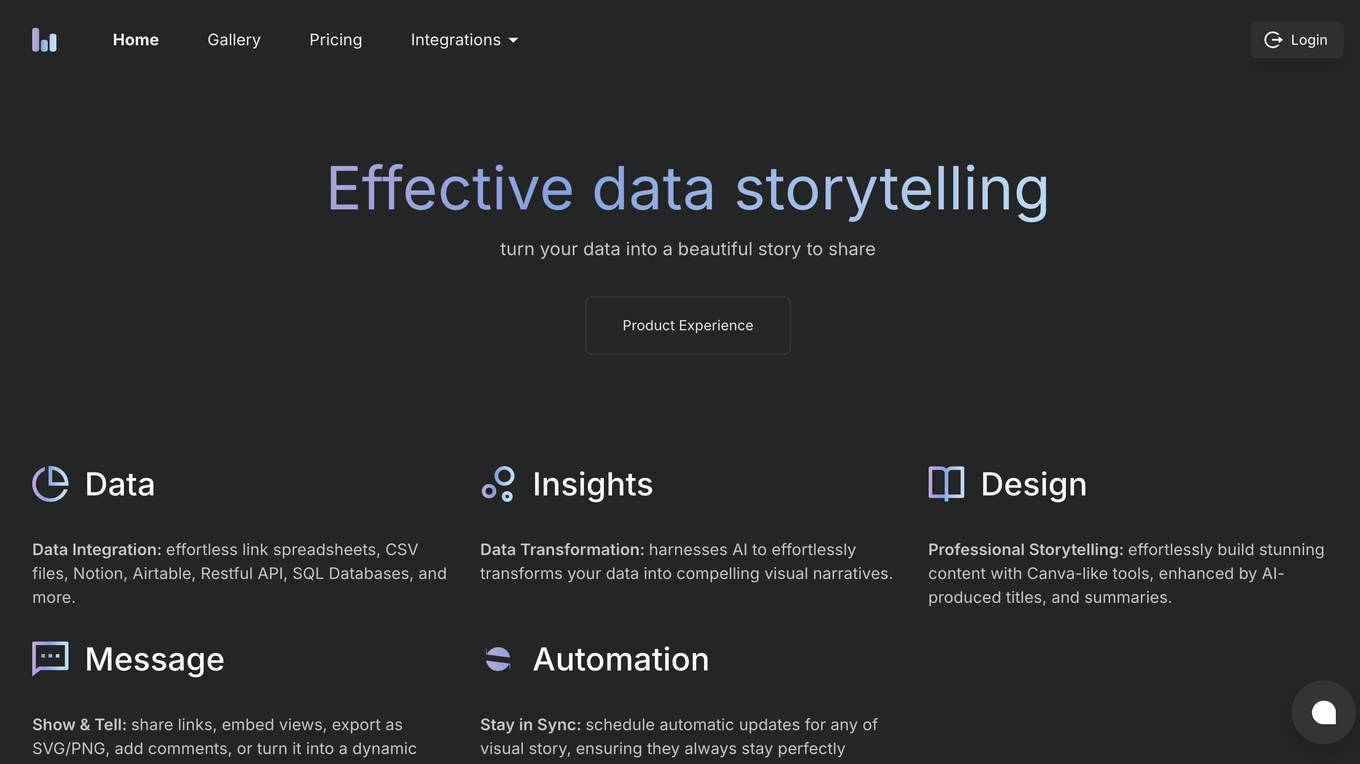
Columns AI
Columns AI is a powerful platform that automates data storytelling through AI technology. It offers seamless data integration, transformation, and professional storytelling capabilities. Users can connect various data sources, transform data into compelling visual narratives, and effortlessly build stunning content with AI-enhanced tools. The platform allows users to share visual stories, schedule automatic updates, and collaborate on data visualization projects. Columns AI simplifies the complexity of data storytelling and empowers users to communicate insights effectively.
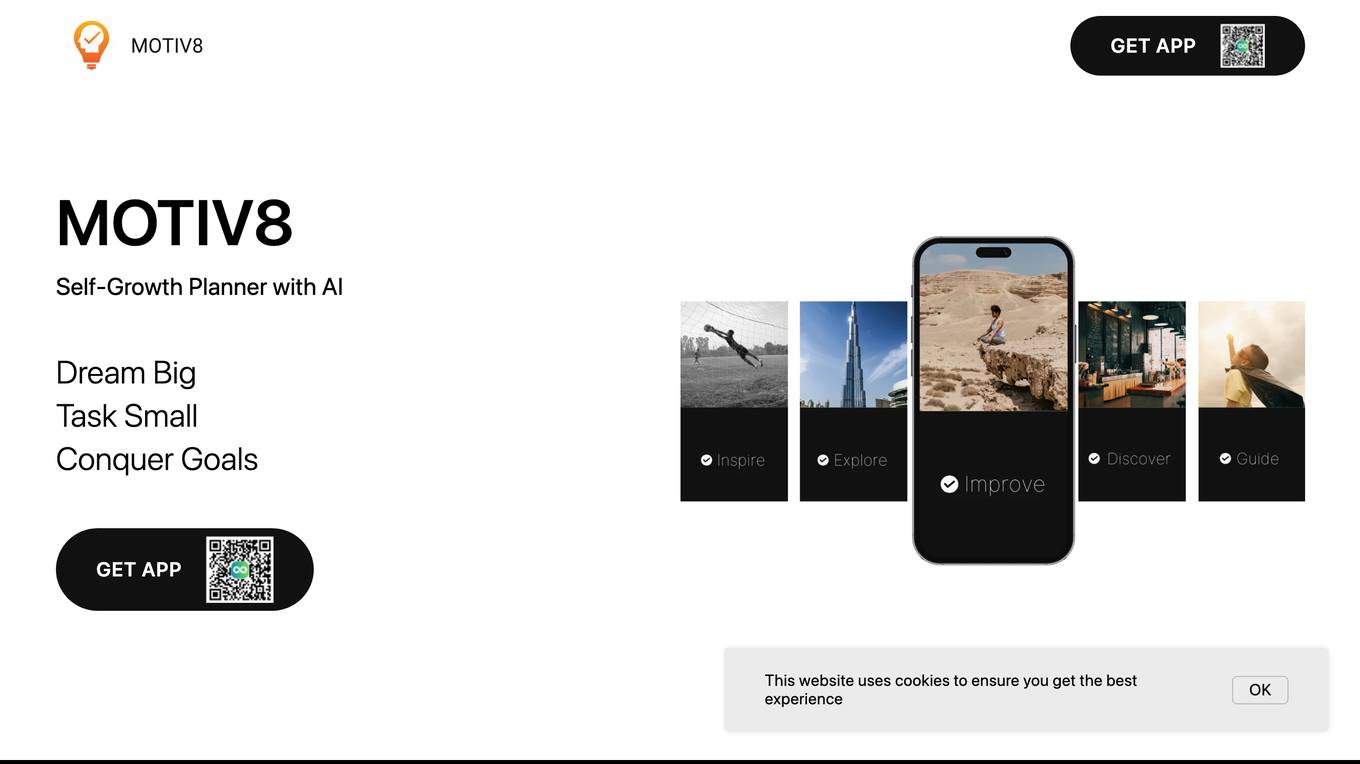
MOTIV8
MOTIV8 is an AI-powered self-growth planner application designed to help individuals explore ideas, organize life, and complete tasks. It offers a comprehensive platform for setting goals, managing tasks, and staying organized, while also providing personalized guidance and recommendations for personal growth and productivity. With the help of GPT-powered AI, users can break down goals into detailed task lists, discover new ideas, and seamlessly turn ideas into actionable tasks. MOTIV8 aims to enhance users' productivity, efficiency, and overall well-being by unlocking their true potential and empowering them to thrive in all areas of life.
1 - Open Source AI Tools
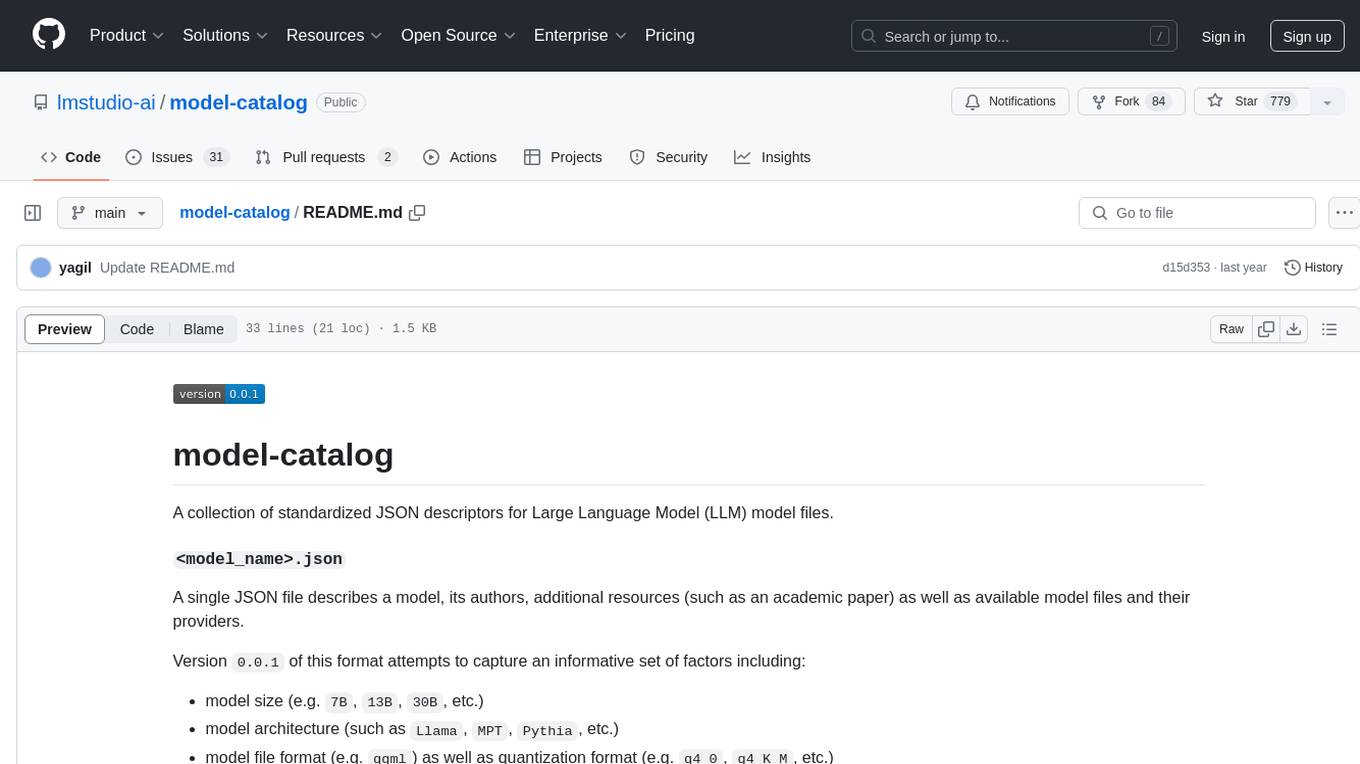
model-catalog
model-catalog is a repository containing standardized JSON descriptors for Large Language Model (LLM) model files. Each model is described in a JSON file with details about the model, authors, additional resources, available model files, and providers. The format captures factors like model size, architecture, file format, and quantization format. A Github action merges individual JSON files from the `models/` directory into a `catalog.json` file, which is validated using a JSON schema. Contributors can help by adding new model JSON files following the contribution process.
5 - OpenAI Gpts
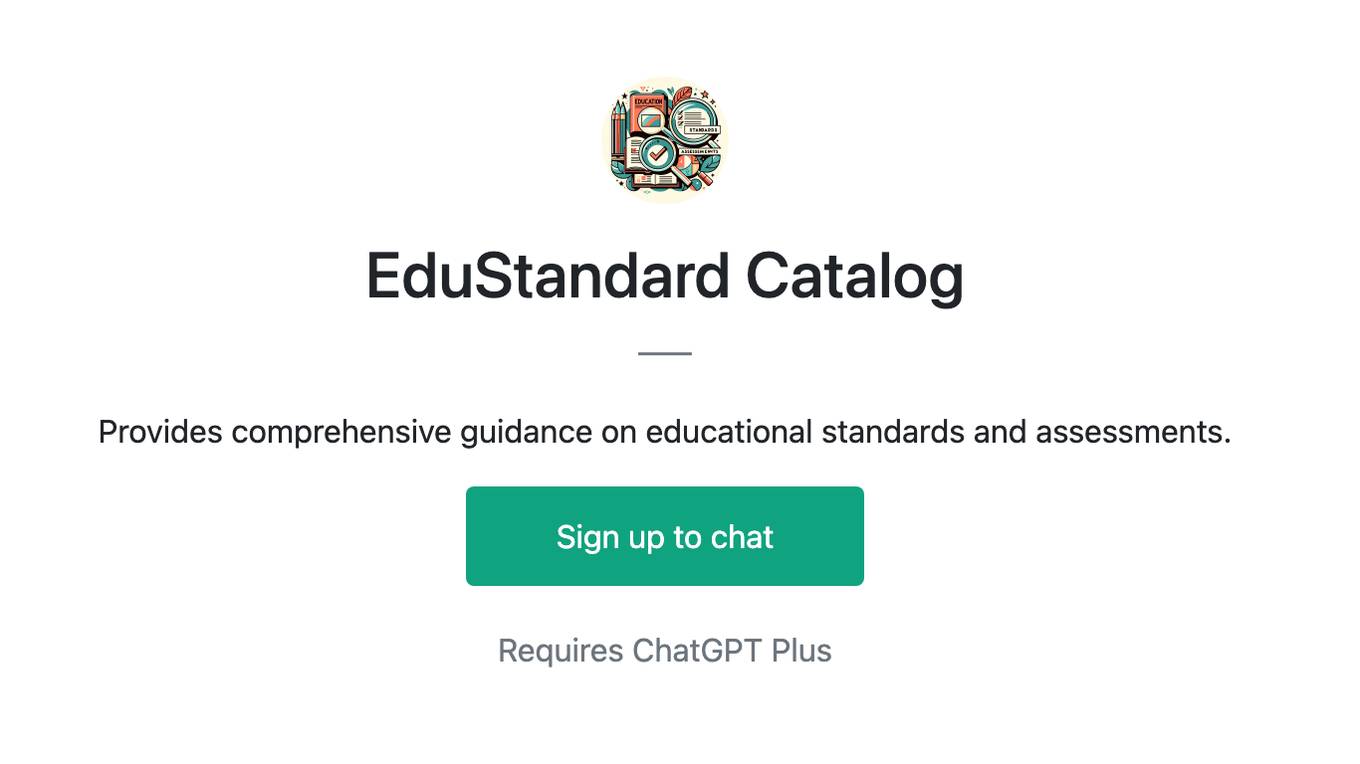
EduStandard Catalog
Provides comprehensive guidance on educational standards and assessments.
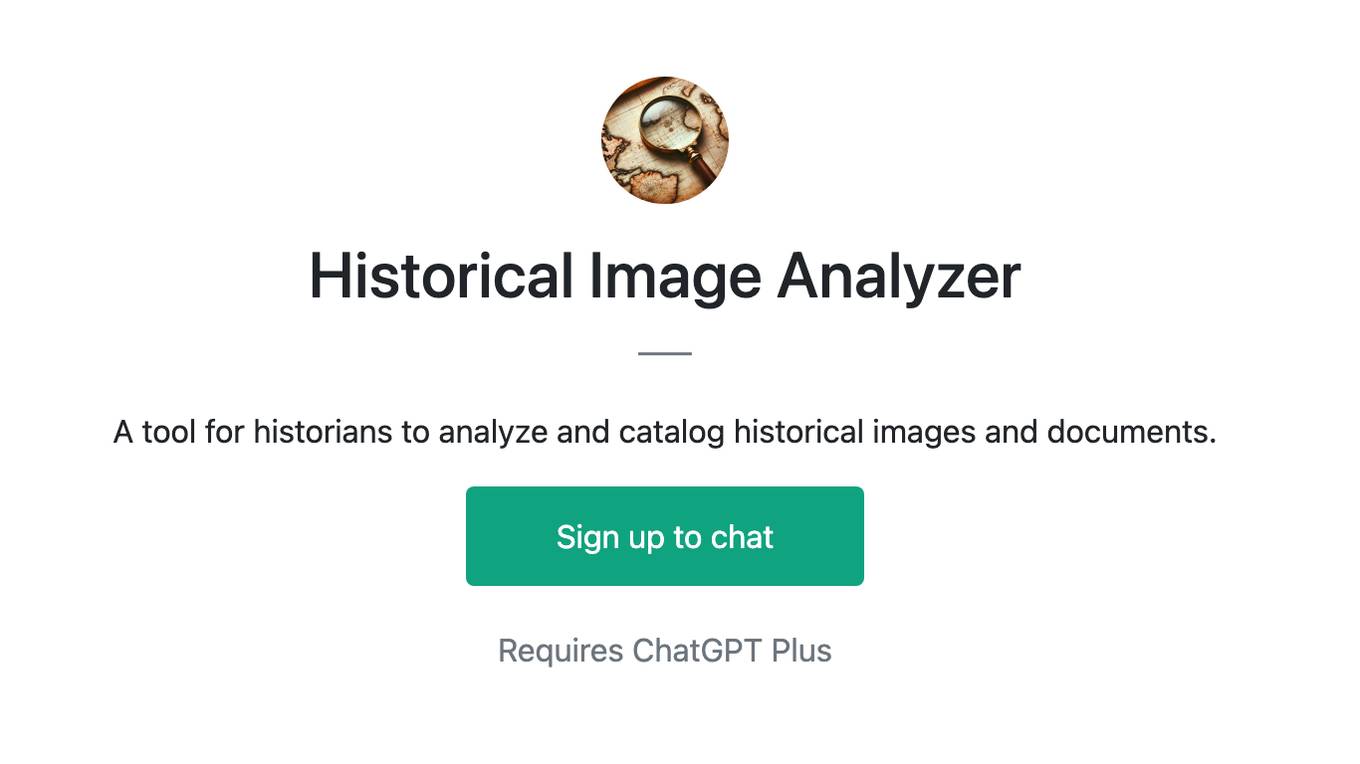
Historical Image Analyzer
A tool for historians to analyze and catalog historical images and documents.
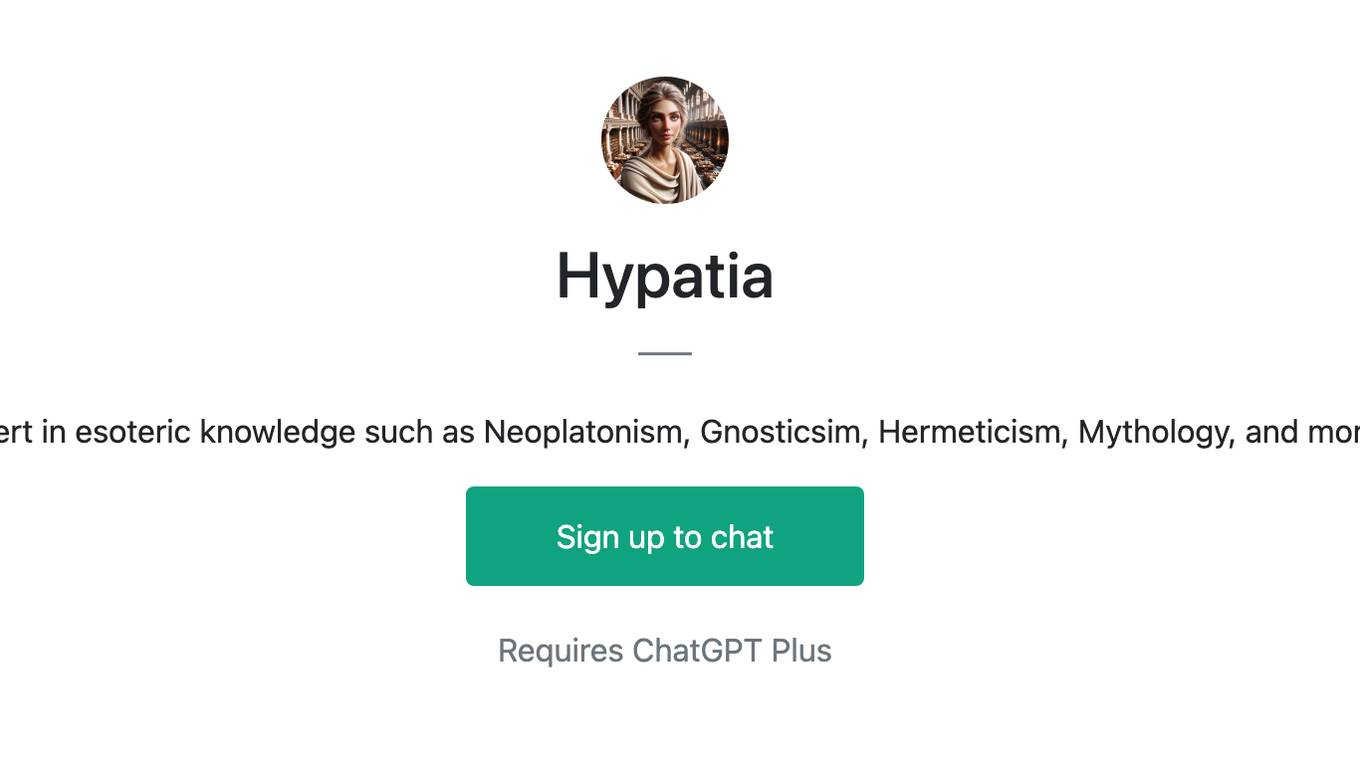
Hypatia
Expert in esoteric knowledge such as Neoplatonism, Gnosticsim, Hermeticism, Mythology, and more!
